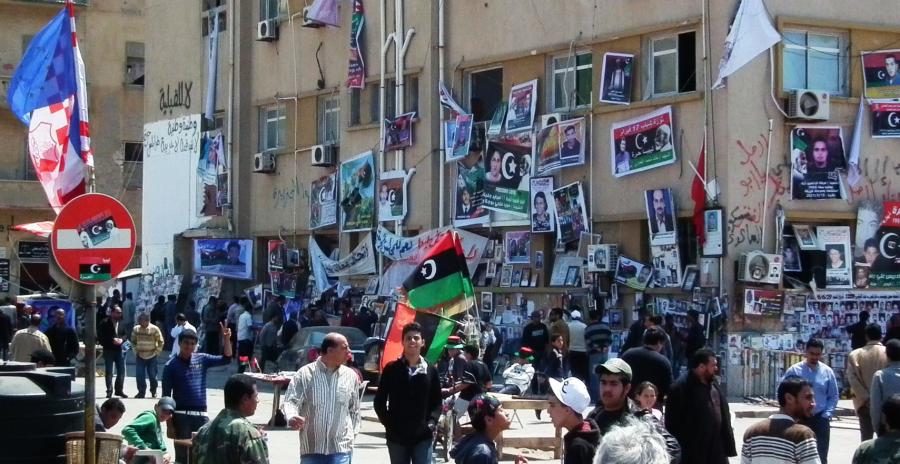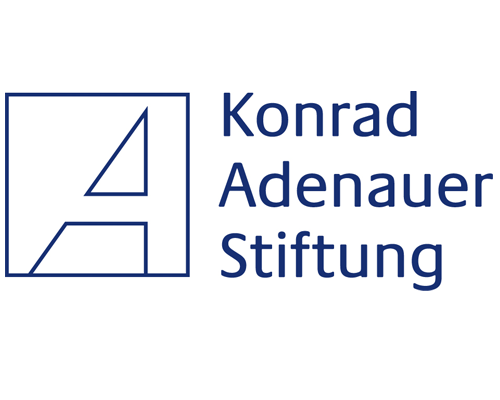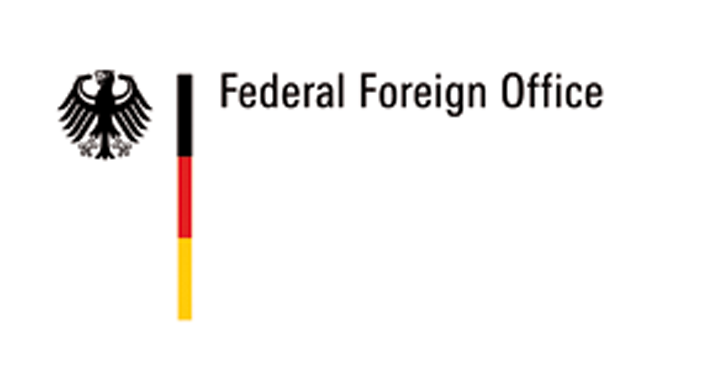Think locally: What are the basics of efficient regional and international cooperation between States and Non-State/Non-Government actors, municipalities and city councils?

A street in Benghazi, the center of Libya's eastern Cyrenaika region, Photo: Bernd Brincken, Wikimedia Commons
Neglected and fragmented areas in the Arab World present a special challenge for regional and international cooperation. How can non-state actors be integrated into the decision-making processes?
Neglected and fragmented areas in the Arab world present a special challenge for regional and international cooperation. A centralised bureaucracy with clearly defined responsibilities and transparent modes of operation and money flows can be beneficial for smooth and efficient cooperation between administrations in Arab Countries in Transition (ACTs) and International Finance Institutions (IFIs). However, allocation of resources via centralised state institutions also has its drawbacks.
Rural areas in many ACTs suffer from chronic neglect and have been defined by the international donor community as areas of special attention for development projects. The lack of access to state institutions in many of these regions make it necessary to cooperate with local authorities directly. In other cases, local authorities may take the form of informal but influential groups, such as tribal and neighbourhood gatherings or religious dignitaries.
The quest here is to devise customised frameworks for cooperation between IFIs, centralised state institutions and local authorities in order to integrate municipalities and non-state actors into overall schemes for development and participation. For some ACTs, a push for decentralised transactions is not simply an optional adjustment but rather the only option to reach affected people at all.
This is the case in states that have been fragmented by civil war and/or regional military interventions, such as Libya and Yemen. A focal point of contention here is the question of legitimacy – local actors might outright reject central authority or insist on cooperating with a competing one, or vice versa.
The same holds true for regional and international partners that face difficulties identifying the legitimate, responsible administration in certain countries. Thus, the challenge is to find sustainable frameworks for local development in the context of geographical fragmentation which address the tenets and consequences of self-determination, legitimacy, and authority.
Supported by






© CANDID Foundation gGmbH 2015



